낯익은 세상 Todas Las Cosas de Nuestra Vida (Spanish/Español)
ISBN 9788491048794
Language Spanish
N. of Pages 204쪽
Size/Weight 160 * 230 * 18 mm / 286 g
Author/Editor Hwang Sok-yong
Publisher Alianza Editorial
Date of Publication 2017년
ISBN 9788491048794
Language Spanish
N. of Pages 204쪽
Size/Weight 160 * 230 * 18 mm / 286 g
Author/Editor Hwang Sok-yong
Publisher Alianza Editorial
Date of Publication 2017년
ISBN 9788491048794
Language Spanish
N. of Pages 204쪽
Size/Weight 160 * 230 * 18 mm / 286 g
Author/Editor Hwang Sok-yong
Publisher Alianza Editorial
Date of Publication 2017년
<KR>
요약
정호는 열네 살이고 고양이 같은 눈을 가지고 있습니다. 그들은 정호를 구글리 아이즈라고 부릅니다. 어머니의 수입 부족으로 두 사람은 난초가 쓰레기로 전락하고 수천 명의 사람들이 쓰레기 산속에 묻혀 있는 판자촌에서 가난하게 살고 있는 서울 서쪽의 거대한 매립지인 꽃의 섬 난지도로 이사하게 됩니다. . 직장부터 의류, 관리까지 모든 것이 매립지에서 나오고 쓰레기 회수에 가장 유리한 위치에 있는 사람들이 가장 많은 수입을 올리는 매우 계층적이고 체계화된 사회입니다.
구글리 아이즈는 술, 도박, 폭력이 일상적으로 일어나는 더럽고 메스꺼운 장소의 비밀을 친구인 트라스킬론에게서 발견합니다. 트라스킬론과 소외된 젊은이들로 구성된 무리의 도움으로 그는 샤머니즘 전통이 숭배되던 비옥한 농경지였던 고대 주민들의 영혼을 만나러 갑니다. 현실 세계에는 조화만큼이나 보이지 않는 세상이 부족합니다.
비인간적이고 부도덕한 근대화로 특징지어지는 70년대 경제 도약의 한국을 배경으로 황석용은 우리에게 진보의 이면, 소외되고 소외된 인간의 낭비, 즉 낭비로 살아가는 인간의 낭비의 이면을 드러냅니다. 황석용은 자신이 묘사하는 삶의 가혹함에도 불구하고 서정성, 감정, 유머를 잘 발산하는 디켄시안 오버톤과 소설 속 현실, 허구, 판타지를 결합한 소설입니다. 삶의 아름다움을 장려하지 않는 환경에서도 삶의 아름다움을 강조하는 낙관적이고 희망적인 소설입니다.
<SPAN>
Resumen
Jeongho tiene catorce años y mirada felina. Lo llaman Ojos Saltones. La escasez de ingresos de su madre les obliga a ambos a trasladarse a Nanjido, la Isla de las Flores, un inmenso vertedero al oeste de Seúl donde las orquídeas cedieron lugar a la basura y millares de personas malviven en chabolas engarzadas a las montañas de desperdicios. Una sociedad muy jerarquizada y codificada en la que todo, desde el trabajo a la ropa y la manutención, proviene del vertedero, y gana más quien consigue posicionarse mejor en la recuperación de la basura.
Ojos Saltones encuentra en Trasquilón, un niño medio calvo, a un amigo que le irá mostrando los secretos de tan sórdido y nauseabundo lugar, donde el alcohol, el juego y la violencia son cotidianos. De la mano de Trasquilón y de una pandilla de jóvenes marginados acudirá al encuentro de los espíritus de los antiguos moradores cuando el lugar era un fértil terreno de cultivo donde se rendía culto a las tradiciones chamánicas. Un mundo invisible donde reina tanta harmonía como falta en el real.
Ambientada en la Corea del despegue económico de los años setenta, marcada por la modernización deshumanizada y sin escrúpulos, Hwang Sok-yong nos descubre la otra cara del progreso, la de los marginados y excluidos, la de los desechos humanos que viven de los desechos de la sociedad de consumo. Hwang Sok-yong combina realidad, ficción y fantasía en una novela de tintes dickensianos que, pese a la dureza de la vida que describe, emana lirismo, emociones y buenas dosis de humor. Una novela optimista y esperanzadora que resalta la belleza de vivir, incluso en ambientes que no animan a ello.
[ENG]
Summary
Jeongho is fourteen years old and has feline eyes. They call him Googly Eyes. Their mother's lack of income forces them both to move to Nanjido, the Island of Flowers, an immense landfill west of Seoul where orchids have given way to garbage and thousands of people live poorly in shanties embedded in the mountains of waste. . A very hierarchical and codified society in which everything, from work to clothing and maintenance, comes from the landfill, and those who manage to position themselves best in the recovery of garbage earn the most.
Googly Eyes finds in Trasquilón, a half-bald boy, a friend who will show him the secrets of such a sordid and nauseating place, where alcohol, gambling and violence are daily occurrences. With the help of Trasquilón and a gang of marginalized young people, he will go to meet the spirits of the ancient inhabitants when the place was a fertile agricultural land where shamanic traditions were worshiped. An invisible world where there is as much harmony as is lacking in the real world.
Set in the Korea of the economic takeoff of the seventies, marked by dehumanized and unscrupulous modernization, Hwang Sok-yong reveals to us the other side of progress, that of the marginalized and excluded, that of human waste that lives off waste. of the consumer society. Hwang Sok-yong combines reality, fiction and fantasy in a novel with Dickensian overtones that, despite the harshness of the life he describes, emanates lyricism, emotions and a good dose of humor. An optimistic and hopeful novel that highlights the beauty of living, even in environments that do not encourage it.
















